
The Pitch: The secret to Tony Hawk’s success is his willingness to fail. When we first see him in the opening minutes of Sam Jones’ doc Until the Wheels Fall Off, we see exactly why: The skateboarding titan, still the face of the sport even in his fifties, tries and tries again to pull a 900 — the borderline-impossible skate trick he miraculously pulled off at the 1999 X Games — only to eat shit on each attempt. His body slams into the wood with concussive force every time, occasionally hurting enough to make him scream in pain. And yet, he gets up and tries again.
What fuels someone like Hawk to keep sacrificing his body for the chance at a twice-in-a-lifetime flip? Over the course of two hours, Jones interrogates this question, charting Hawk’s youth as a child skating prodigy, his difficult relationship with an emotionally distant father, and his fellow aging boarders of the Bones Brigade to find out just what keeps them all on the board, even when their cartilage has all but run out.
Tony Hawk, Pro(filed) Skater: Tony Hawk: Until the Wheels Fall Off is a curious beast, an intimately assembled documentary about the psychology of its subject, and by extension his entire cohort of daredevils. Granted, his name is in the title, and Jones keeps the majority of the film’s two-hour runtime centered on Hawk as a human being.
Related Video
In the early stretches, we learn of the challenges of his childhood, being the youngest by far of a big family (his mother had him at 43, and would often call him a “mistake”). His father was a closed-off man who nonetheless supported Tony’s skating so much he practically founded the organization that would birth professional skateboarding — something that would itself cause tremendous emotional rifts between them.
Even now, as a fiftysomething man with wrinkles and a mess of grey-streaked dirty blonde hair (he would absolutely win a William Zabka lookalike contest, or maybe the other way around?), Hawk is simultaneously forthcoming and withholding, his purest emotional expressions coming out on the ramp.
It’s these revelations that prove most interesting in the doc, Jones smartly pairing some incredible vintage footage of Tony as a child skater with open-air interviews of Hawk and his contemporaries against the grey pavement of a skate park or woods and backyards. But that said, Hawk’s own closed-off-ness proves the doc’s biggest weakness, seemingly uncomfortable in front of the camera as he tries to bare his soul to Jones only to leave a lot to implication.
[flexi-common-toolbar] [flexi-form class=”flexi_form_style” title=”Submit to Flexi” name=”my_form” ajax=”true”][flexi-form-tag type=”post_title” class=”fl-input” title=”Title” value=”” required=”true”][flexi-form-tag type=”category” title=”Select category”][flexi-form-tag type=”tag” title=”Insert tag”][flexi-form-tag type=”article” class=”fl-textarea” title=”Description” ][flexi-form-tag type=”file” title=”Select file” required=”true”][flexi-form-tag type=”submit” name=”submit” value=”Submit Now”] [/flexi-form]
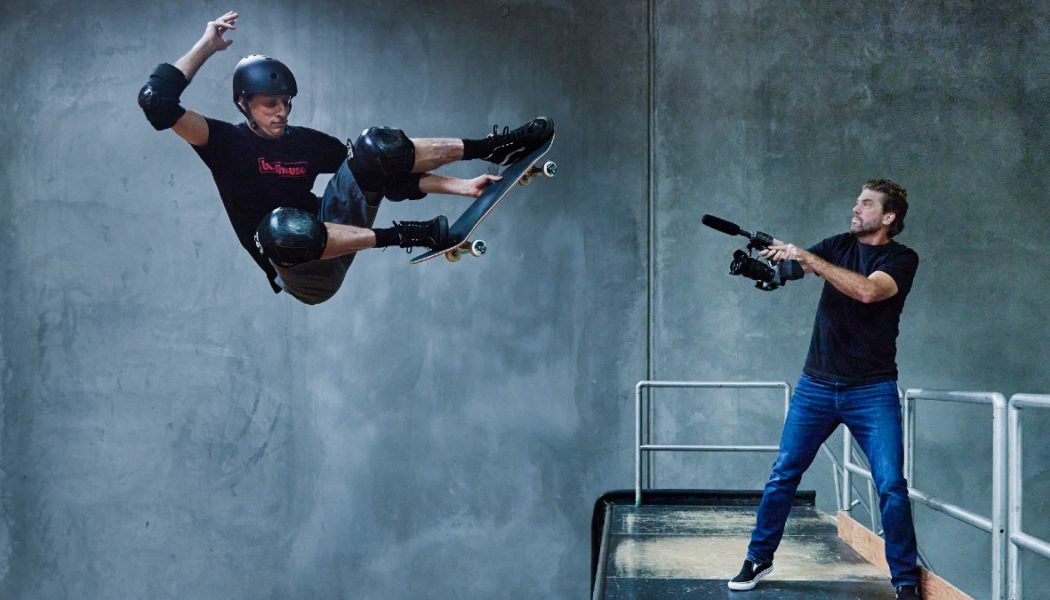
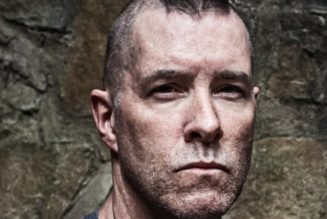
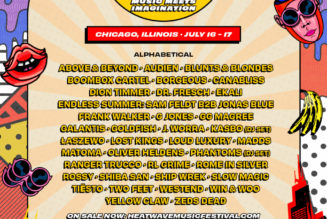
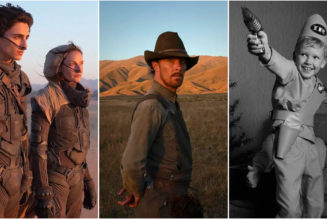



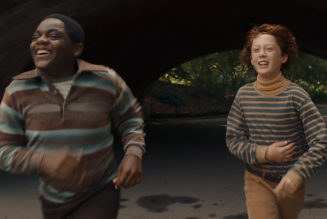


Tagged: Alternative Music, FEATURES, Film, Film Reviews, music blog, Reviews, SXSW Film Festival, Tony Hawk